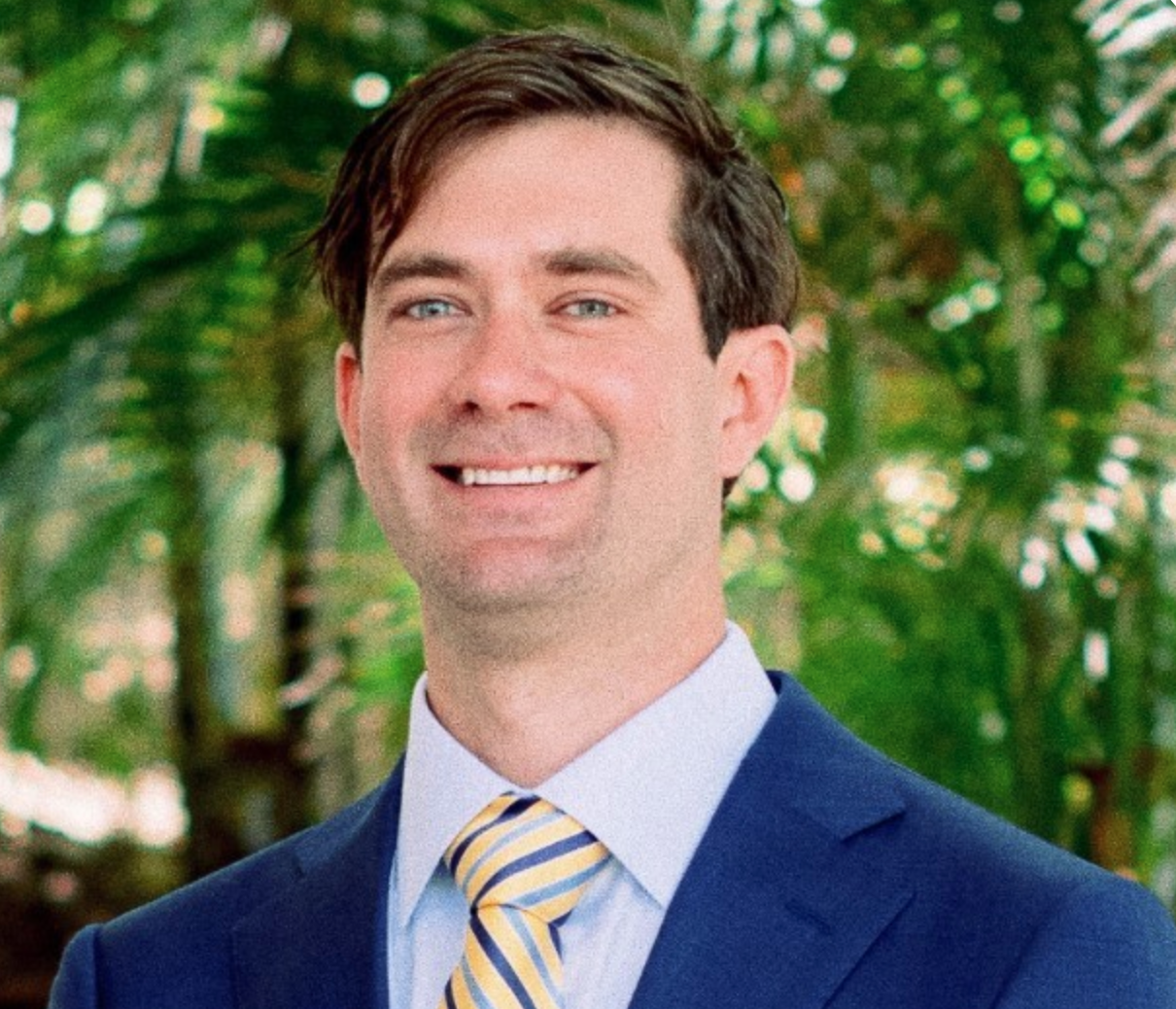
What if we could engineer cells to produce life-saving drugs or create organisms that could solve some of humanity’s most pressing challenges, like climate change or food insecurity? That’s the promise of synthetic biology, an emerging field at the intersection of biology and engineering that has the potential to revolutionize the way we live and work. Keep reading and listen to the audio for an exclusive interview with the creator of a startup exploring synthetic biology’s powerful potential.
In a recent interview, Mariana from the CUBIO team got to interview Cameron “Cam” Owen, the founder and CEO of rBIO, to learn more about the company, the challenges it faces, and its plans for the future. This is a life science startup that is revolutionizing cellular engineering.
rBIO was started about three and a half years ago by Cam and two other co-founders. The company began as a PhD idea that Cam had in synthetic biology. He applied to several schools, but they all turned him down due to a lack of research experience. Instead of giving up, Cam took a year to do research by forming a company. If successful, he planned to take the company route; if not, he would go back to the same schools with data and results and continue his research there. This unique approach to starting a business paid off, and rBIO was born.
The mission of rBIO is to engineer cells to produce life-saving therapies. The company is focused on developing cellular therapies that can be used to treat diseases such as cancer and genetic disorders. They believe that their solutions are unique because they are able to engineer cells to produce proteins that are not naturally produced by the body. This allows them to create therapies that are more effective and have fewer side effects than traditional treatments.
As with any startup, rBIO faced challenges in building its company. One of the biggest challenges they faced was securing funding. However, eventually they were able to obtain the funding they needed to get their company off the ground. Another challenge was finding lab space, especially in San Francisco and the greater Bay Area. They eventually found lab space at the University of Nevada in Reno, which required Cam to make a weekly commute from San Francisco to Reno. However, the company eventually moved to Houston, Texas, where they had more space to expand their operations.
Moving from California to Texas was a strategic decision for rBIO. The move was motivated by the need for more space, as they transitioned from research and development to commercial operations, specifically pharmaceutical manufacturing. Texas was the ideal location due to the availability of space and good tax codes for businesses like rBIO.
In conclusion, this life science startup is revolutionizing cellular engineering. rBIO has faced challenges in building the company but is overcoming them through creative solutions and strategic decision-making.
CUBIO is thrilled to have rBIO join our ecosystem, and we are excited to witness the progress of their work here in the lab. Currently, shared and customizable private lab space is open and available for entrepreneurs like you who want to join a dynamic and collaborative community. Visit our website and book a tour today to explore the opportunities that are waiting for you here. Together, we can create a vibrant and innovative ecosystem that drives the next generation of healthcare breakthroughs.